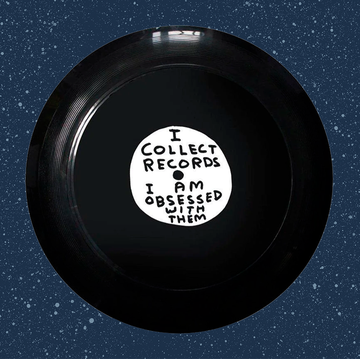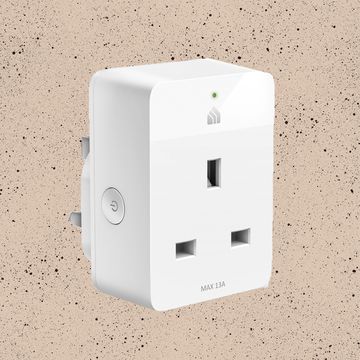There might be a way to take advantage of time spent asleep, at least more than you already do. Researchers determined that the brain is capable of learning new information while asleep, based on a new, small study in Nature involving sleep and a lot of white noise.
In a lab, researchers hooked 20 people up to sensors, played white noise interspersed with snippets of other noise, and had them identify sound patterns. Then they fell asleep as the white noise and blips of other sounds played (some the same, some new), all the while hooked up to the sensors. In the morning, they woke up and listened to the white noise and other sounds one last time. The researchers found that in the morning, the participants could pick out patterns they had heard while awake the night before—this was expected. But more importantly, the participants could also pick out patterns they had heard during REM sleep, and they could remember them even better than those played while they were awake. Clearly, the brain was up to something while they were conked out.
On the flip side, the researchers found that the sleepers did not remember sound patterns played while they were in non-REM sleep at all, suggesting your brain can also wipe away new information during sleep. As a reminder, REM sleep is the deepest sleep, and non-REM sleep is lighter, dreamless sleep.
As Quartz said, this kind of of learning isn't exactly practical, as participants learned subconsciously. But future research could bring this fuzzy kind of recollection out of the subconscious so sleepers could learn useful things, like names, hard data, and even new words.













